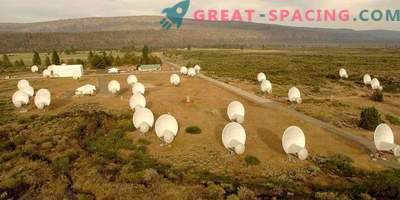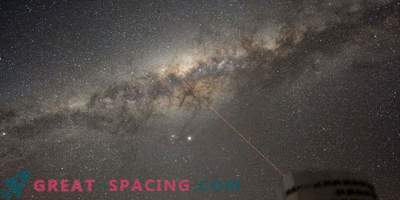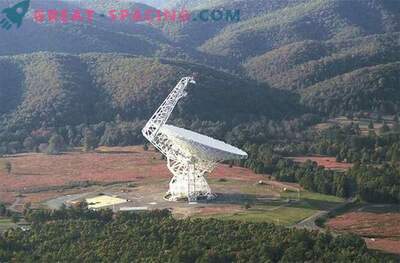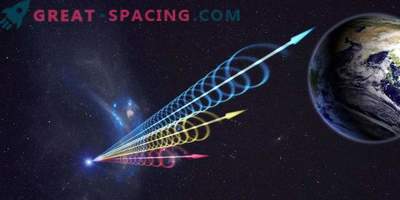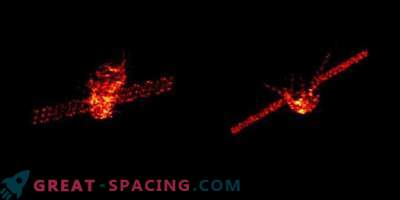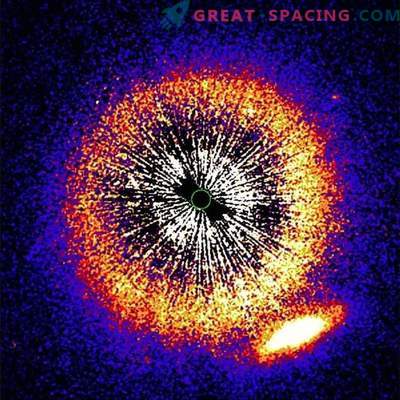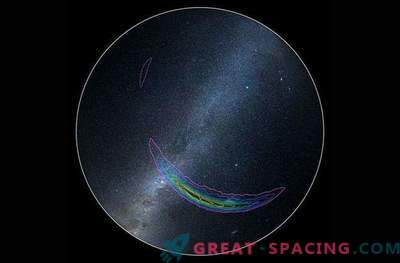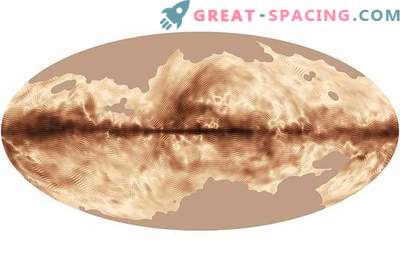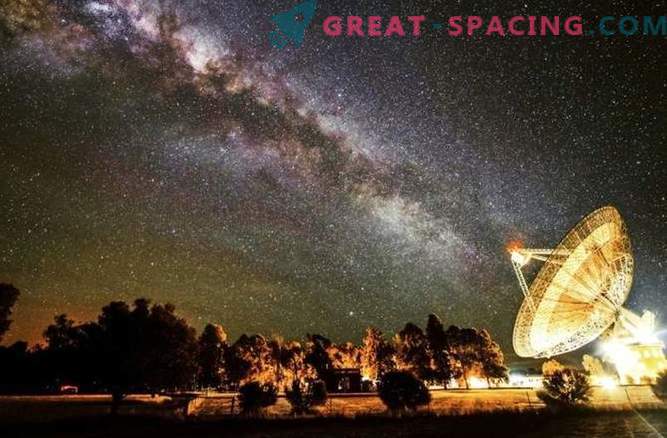
The SETI community (alien search projects and contacts with them) is rethinking how news of extraterrestrial life should be given to the public.
When the SETI community decided to tell the world about the existence of BP (extraterrestrial intelligence), people mostly received this news on the radio, on television, and from newspapers.
It was 1989. The Internet was then a nascent ARPANET project (Network Agency Research Projects) with US military support. Facebook founder Mark Zuckerberg was only 5 years old.
“There has not yet been any mention of the Internet or social media, because they simply did not exist,” said Leslie Tennen, a member of the standing committee of the International Academy of Astronautics SETI.
The protocols stipulate that the discoverer of a signal from an extraterrestrial civilization notifies each of the parties according to the “Declaration of Principles Relevant to Activities since the Discovery of an Extraterrestrial Mind” before this information reaches the public in the form of news.
“The procedure is designed to ensure that the received signal passes the test and is confirmed,” said Tennen at the International Astronautics Congress in Mexico last month.
The privilege to make a statement, in accordance with the protocols, is assigned to the discoverer. But in the era of Twitter existence, Tennen is not sure that there will be an opportunity to always keep confidentiality. “It’s hard to imagine a discovery that will have a greater impact and impact on society than announcing confirmed discovery of extraterrestrial beings,” said Tennen. “The person who made such a statement will instantly become an international celebrity who will never be left alone again.”
The charm of glory can become a strong temptation and force a person to announce the discovery before his approval. In addition, today there are many other researchers who are involved in the search for extraterrestrial intelligence, most of whom do not agree to follow voluntary protocols.
In fact, the discoverer may be someone's personal computer for data analysis. SETI @ Home is a distributed computing project with the support of the University of California, Berkeley.
“The risk of unauthorized disclosure increases with the increase in the number of people who have access to information,” said Tennen.
He also said that with the advent of social media, the time has come to revise the SETI protocol regarding actions after the discovery of extraterrestrial intelligence.
One idea is to mark one point of information for a public release. “We view this idea more as a focal point, not as a censor of information,” said Tennen.
“Of course, this implies that the government will not prohibit information. If this happens, then we will have a completely different situation and this discussion will take a different turn, ”he added. The original protocol was developed at the International Academy of Astronautics with the support of the International Institute of Space Law. He was presented to the ONN Committee on the Peaceful Uses of Outer Space, which adopted the doctrine as part of its official record, and was approved in six major international communities. This was said by the author of the book “In Search of an Extraterrestrial Mind: The Past, Present and Future of SETI” Paul Schuch.
This doctrine was revised in 2010, still not mentioning anything about the Internet or social media.
Astronomer Dan Werzimer, co-founder and chief scientist at SETI @ Home, believes the protocol should avoid mentioning specific technologies that can be used to publicize the detection of a possible signal.
“These applications and technologies are changing too fast,” he wrote in an e-mail.
“All known information about the signal should be made public only after independent sources confirm it,” he added. “All data must be made publicly available to the scientific community, as well as to the public in all countries.”
Astronomer Seth Shostak, a senior researcher at the SETI Institute in Mountain View, California, said that there were already many statements about possible signals from extraterrestrial civilizations, some of which were made by “ignorant” people. “I’m not so much worried as I’m trying to come to terms with this,” Shostak said.

